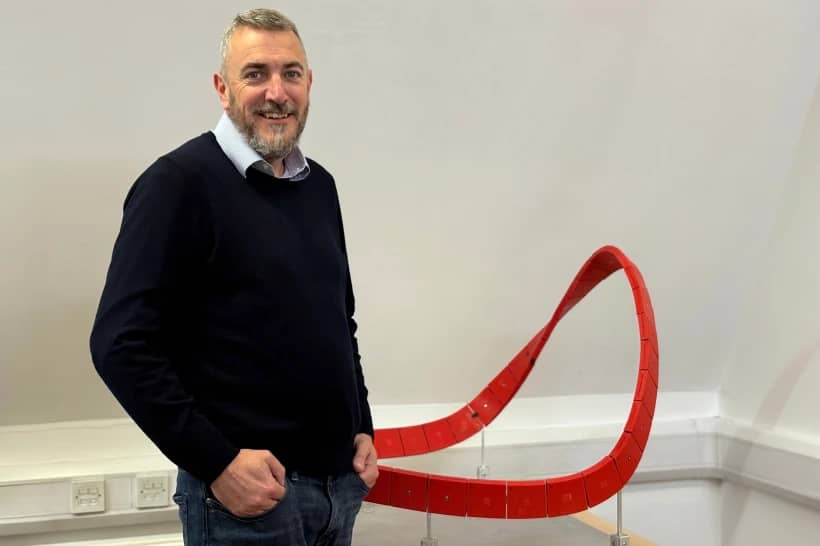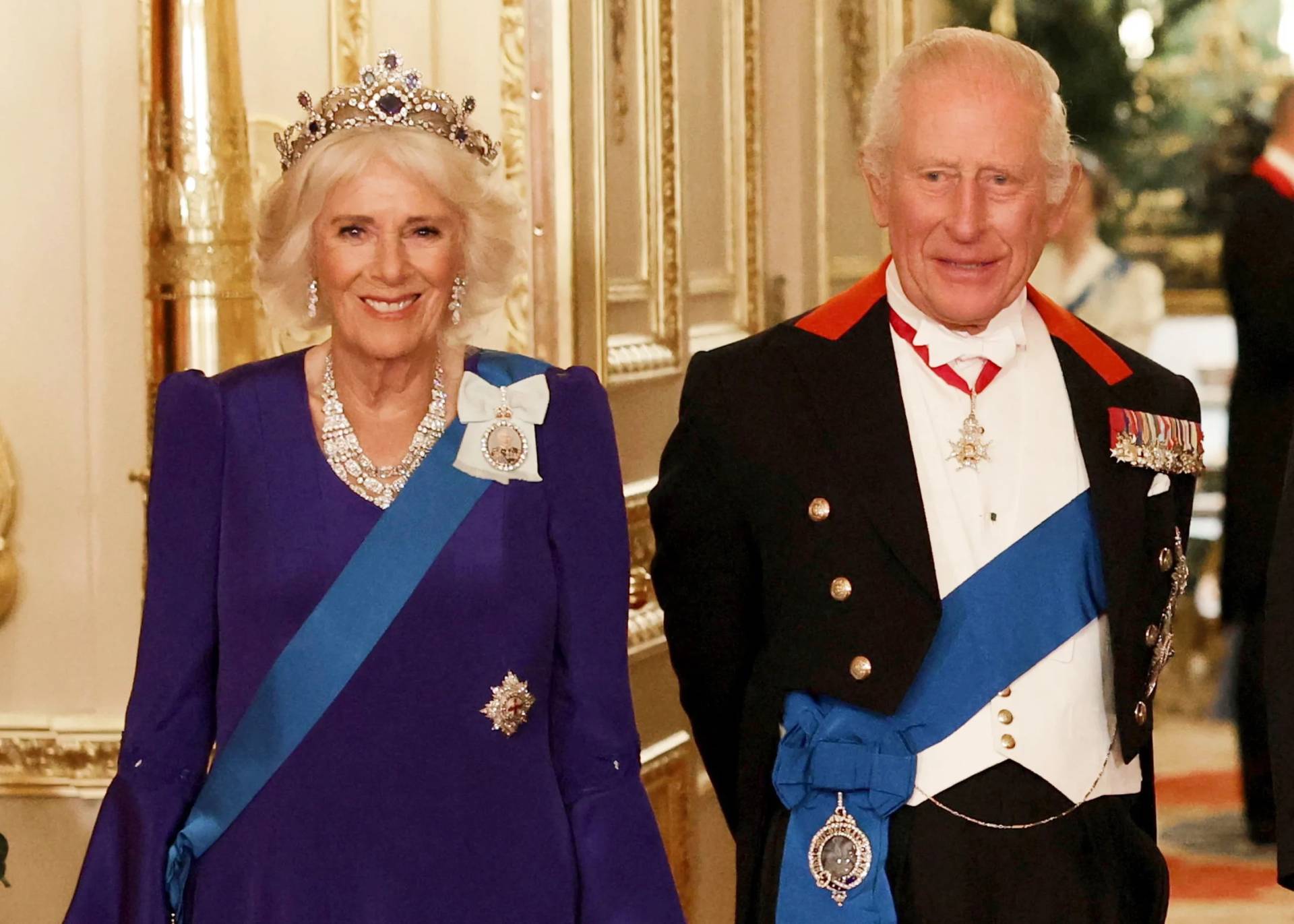MANCHESTER, England — Celebrating the funeral of a disgraced Scottish cardinal, the leader of the Catholic Church in England and Wales invoked the mercy of God and asked for prayers of healing.
In his homily, Cardinal Vincent Nichols of Westminster requested prayers specifically for the people who had been “offended” by the actions of Cardinal Keith O’Brien of St. Andrews and Edinburgh.
“In recent days, the life of Cardinal Keith has been laid bare,” said Nichols at the April 5 Mass.
“We all know its lights and its darkness; we need not spend time talking about them even more, for he has given us the key words,” he continued.
“In his last will and testament he wrote: ‘I ask forgiveness of all I have offended in this life. I thank God for the many graces and blessings he has given me, especially the sacrament of holy orders’,” said Nichols, president of the Bishops’ Conference of England and Wales.
“Today, as we pray for the repose of his soul, we also pray for all those he offended and ask God to strengthen them at this time,” he said.
O’Brien died in Newcastle Upon Tyne, England, March 19 after he was admitted for treatment following a fall in February.
O’Brien had served as president of the Scottish bishops’ conference from 2002-2012, but retired suddenly from public life in 2013 after The Observer, a British weekly newspaper, revealed he had made sexual advances to seminarians more than 20 years earlier.
He admitted and apologized for his actions and, two years later, Pope Francis accepted his resignation. The cardinal spent his final years living in Northumberland, an English county on the Scottish border.
Nichols quoted passages from the “Confession of St. Patrick” as he sought to underpin the dependence of the Church on God’s mercy.
He said that, despite his failings, O’Brien was a man of goodness, courage and simple kindness, who was committed to serving the poor.
He reminded mourners assembled in St. Michael’s Church in Newcastle “that every funeral Mass is above all else a prayer for God’s mercy for the one who has died.”
“When we come to stand before God, we do so best when we come empty-handed,” said Nichols.
“No matter how great or slight our achievements might be, we cannot depend on them,” he said. “No, we come before God empty-handed so that we can receive the one thing necessary: A full measure of God’s mercy.”

















